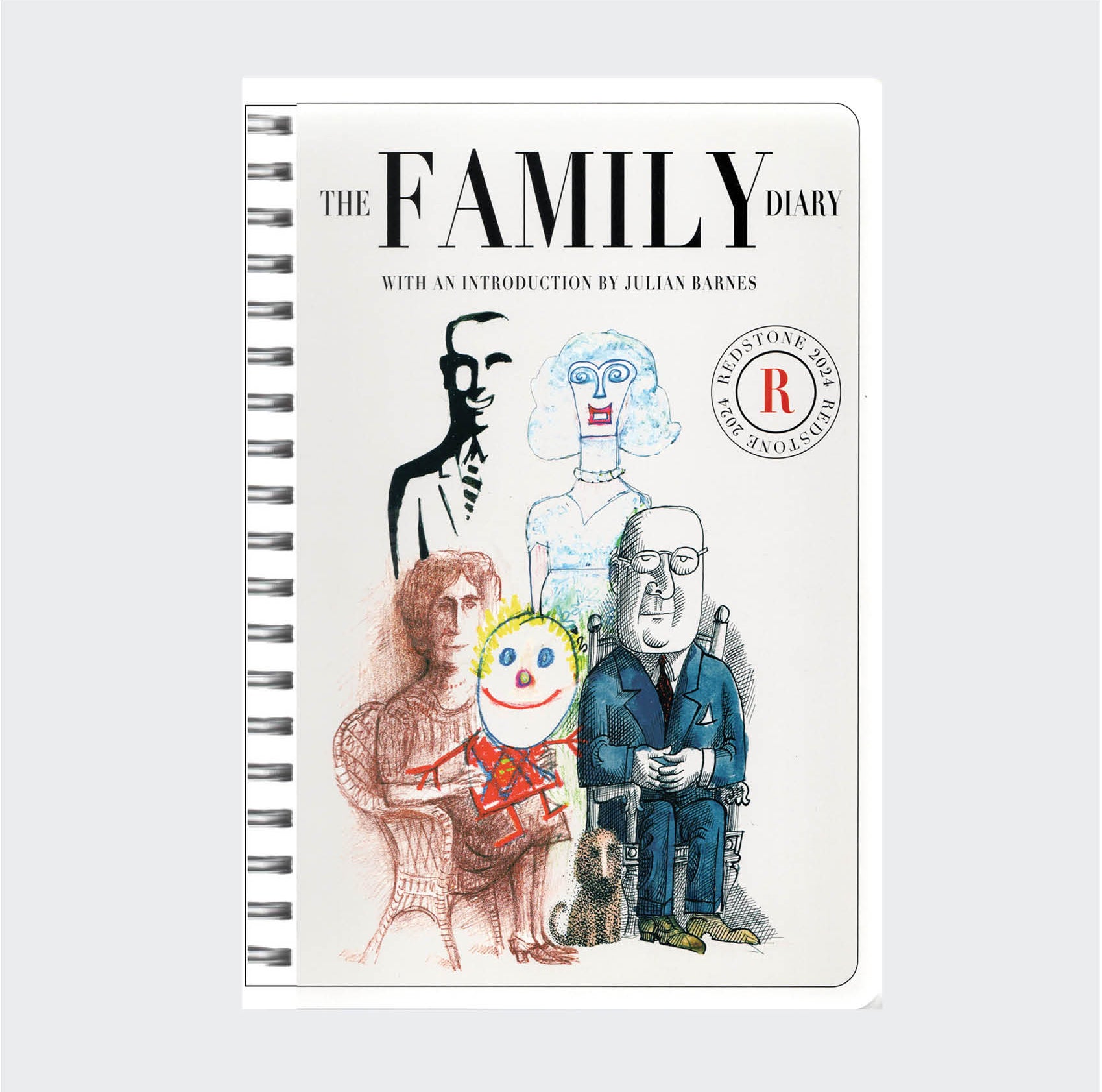Writers exploit and rebel against their parents – but can never escape them.
https://www.newstatesman.com/culture/books/2023/12/being-writer-family
On being the writer in the family
Writers exploit and rebel against their parents – but can never escape them.
“The Redstone Diary 2024: The Family Diary”, with an introduction by Julian Barnes, is published by the Redstone Press and is available to buy here. In looking for quotations about the family, I was struck by how negative many of them were. Why should this be so? Partly because, as Céline put it, “Happiness writes white.” The condition is far from uninteresting, but it can be undramatic, and literature demands drama. Further, if, when a child is growing up, it develops a spirit of rebellion, the closest institution to revolt against is the family. Others – church and state, for instance – seem more distanced and more theoretical. But the family is where you are first misjudged, maltreated, belittled, lied to and beaten – or not.
The Polish poet Czesław Miłosz famously wrote that “when a writer is born into a family, the family is finished”. This seems absurdly overstated and self-aggrandising. I know many writers whose parents and children are keenly proud of what they do. Further, there are numerous examples of literary dynasties: if the original writer had destroyed the family, the children would hardly be likely to choose the same profession. And some of the greatest writers have been devoted to their families. However, there is more than a grain of truth in Miłosz’s contention. In my own case, when writing my first novel, and trying to find the necessary mental space and freedom to do so, I told myself, “Write it as if all your family were dead.” I didn’t, of course, want my family to be dead; it was just a necessary literary tactic.
But some kind of revolt is inevitable, because the vestigial writer or artist is seeking to express his or her individualistic vision of the world, which inevitably conflicts with that of the parent. A father doesn’t have to be tyrannical, or a mother over-protective, for them to want things to stay the same, and for the child not to grow up – or not in such a way that he or she becomes a writer. A poet friend of mine had a money-man father who was puzzled by his choice of “career”. “The thing is, son, you’ve got to have something to aim for. What are you aiming for?” “Nobel Prize, Dad,” replied my friend, an answer which was strangely judged satisfactory.
It’s also the case that the vestigial writer often finds their first subject-matter in their own family. I once asked my brother if something I had written about our mother, ten years and more after she had died, was unfair to her. “Unkind but not unfair,” was his response. Which I took as a half-critical endorsement. But “being kind” is not what tends to drive a writer.


The Family Diary
Edited by Julian Rothenstein
with an introduction and texts selected by Julian Barnes
The 2024 Redstone Diary opens a window on that most enigmatic part of our everyday lives: the family. It has been an essential subject for artists, writers, singers – therapists and psychoanalysts. Tolstoy wrote: All happy families resemble one another, but each unhappy family is unhappy in its own way. But was he right? Perhaps Dodie Smith got closer to the truth when she wrote that the family was an octopus, from whose tentacles we never quite escape, nor in our inmost hearts, ever quite wish to. Together or alone, we cannot escape the family.
These bonds are explored in a marvellous array of texts, selected by Julian Barnes, from writers including Willa Cather, Marcel Proust, Virginia Woolf and Philip Roth. Images include still captures from home movies, photographs of Depression-era group prayer, psychological tests and the works of artists such as Paula Rego’s disturbing imagery of fatherhood, Frida Kahlo’s reimagining of her genealogy and John Lennon’s lyrics to his absent mother.
245mm x 167mm / 160pp / Spiral bound / ISBN 978-1-7395976-0-3




No comments:
Post a Comment